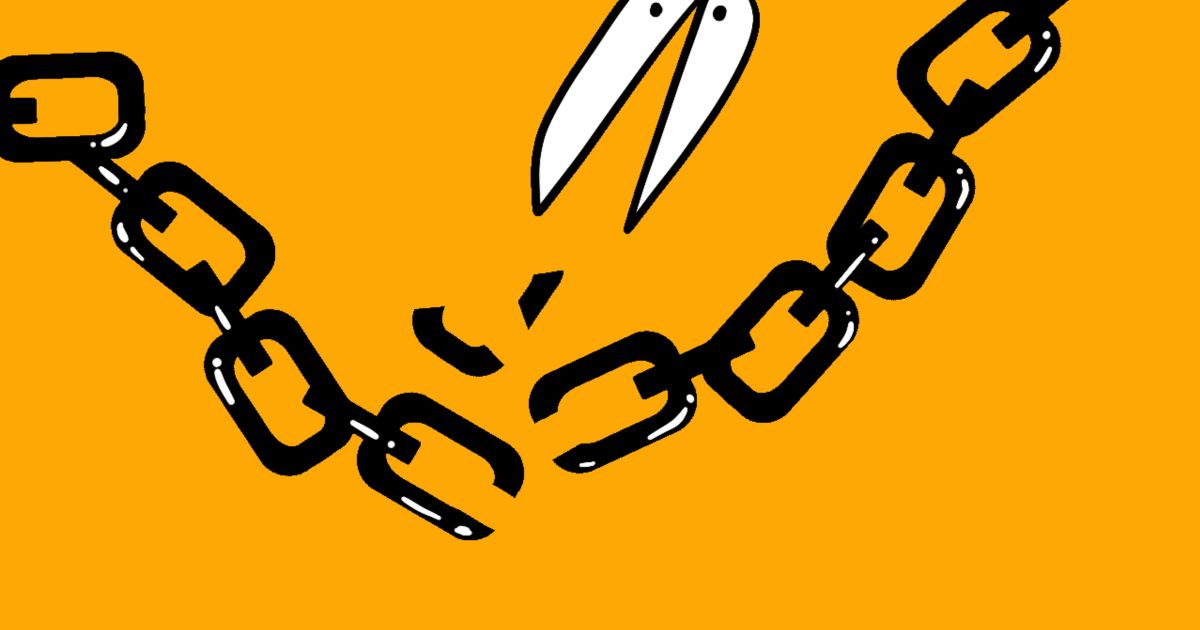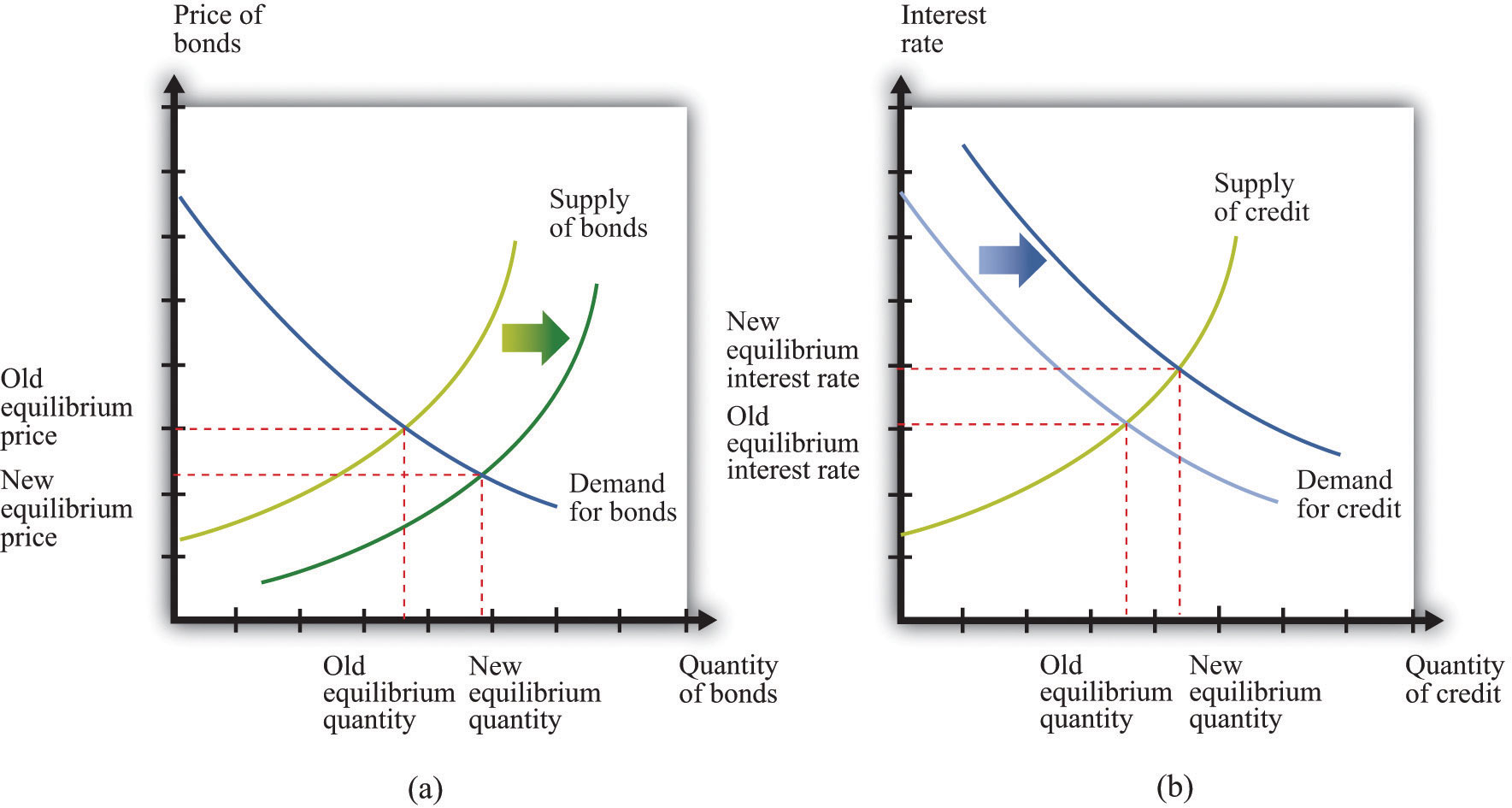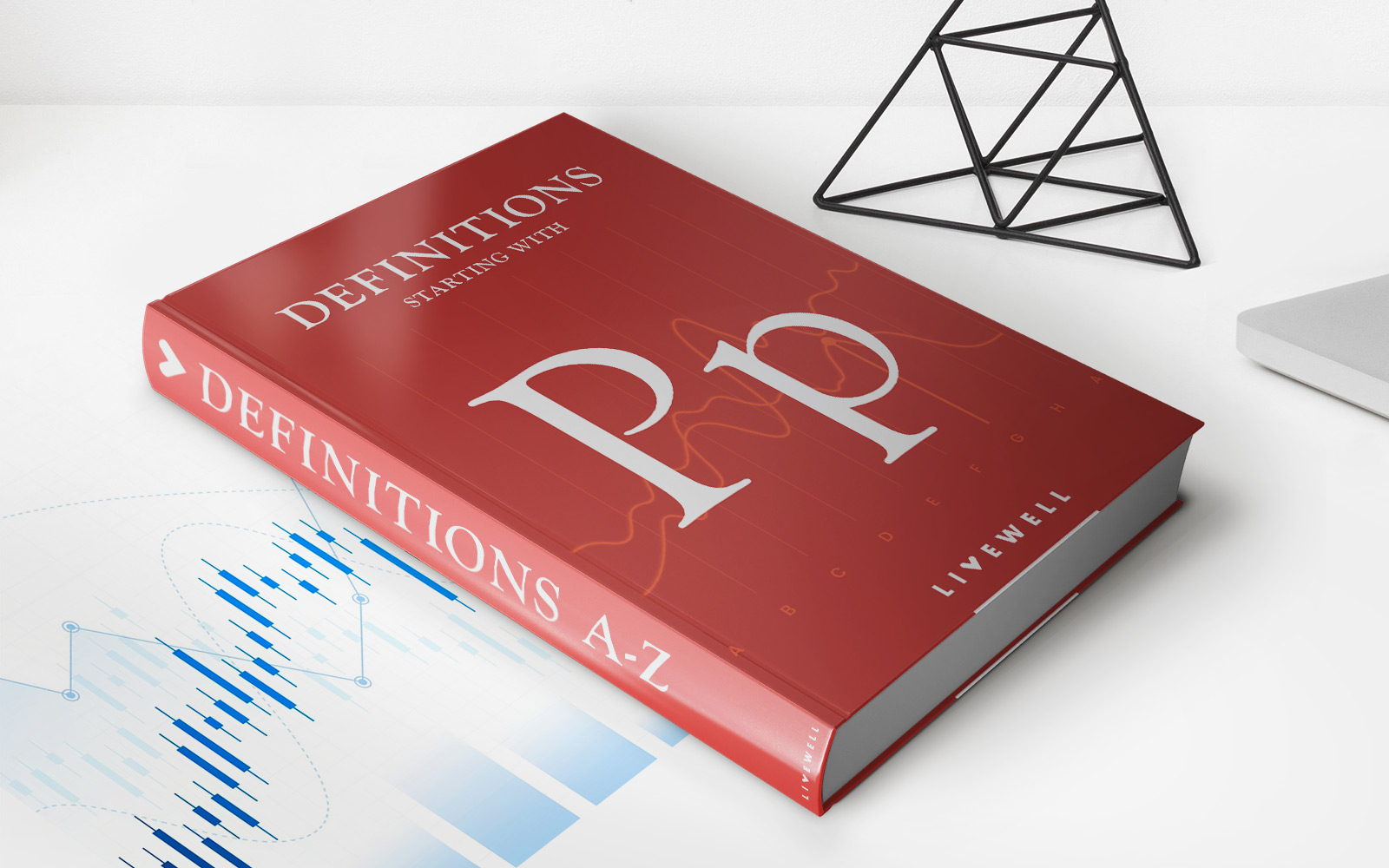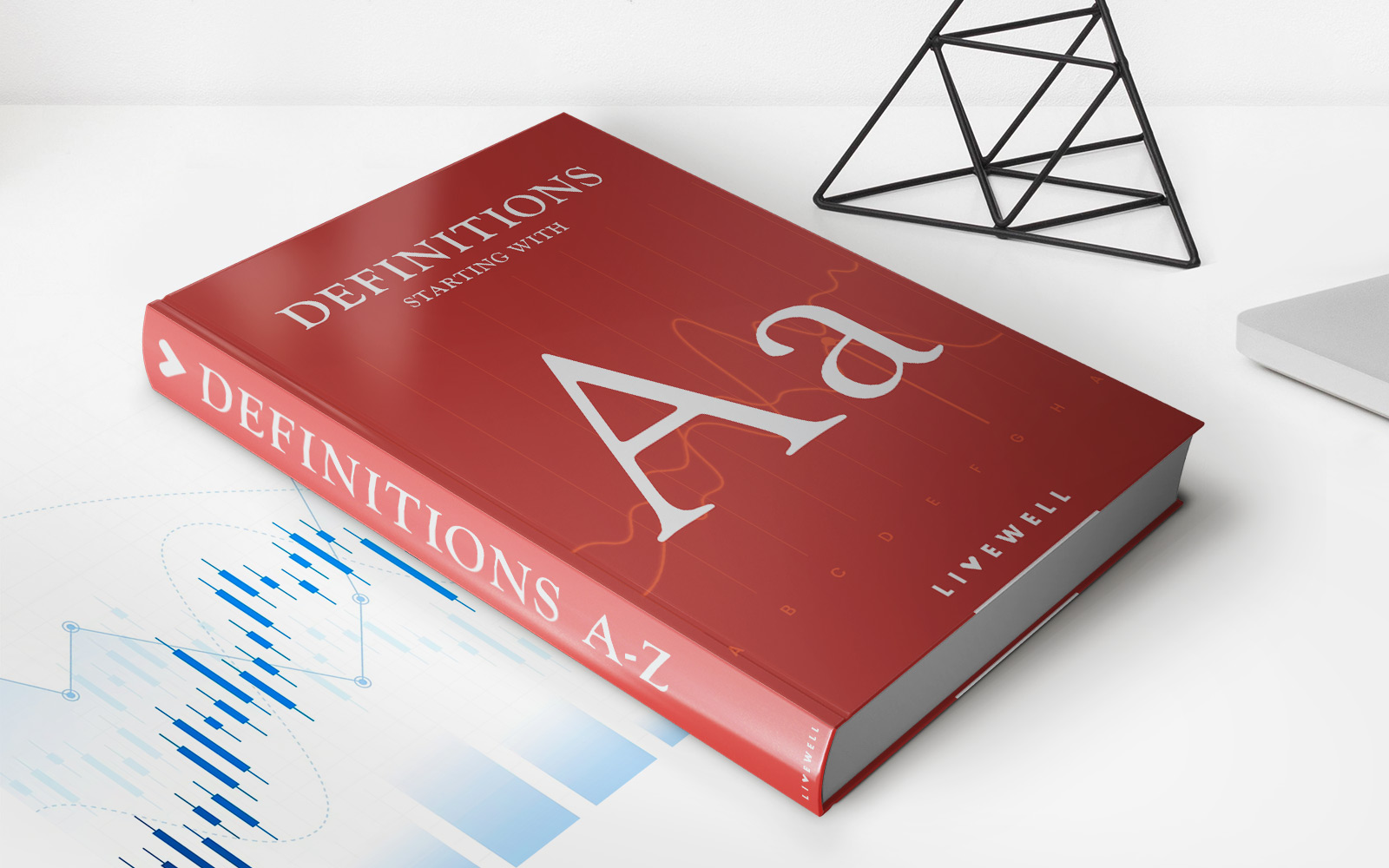

Finance
What Happens To My Pension If I Get Fired
Published: November 27, 2023
Discover what happens to your pension if you get fired and how it may affect your finances. Get expert advice on navigating this financial situation.
(Many of the links in this article redirect to a specific reviewed product. Your purchase of these products through affiliate links helps to generate commission for LiveWell, at no extra cost. Learn more)
Table of Contents
- Introduction
- Understanding Pension Plans
- Employment Termination and Pension Plans
- Option 1: Leaving the Pension Plan Intact
- Option 2: Transferring the Pension to Another Employer
- Option 3: Taking a Lump Sum Payment
- Option 4: Rolling Over the Pension into an Individual Retirement Account (IRA)
- Option 5: Deferred Pension Benefits
- Conclusion
Introduction
When it comes to retirement planning, one major consideration for many individuals is their pension plan. A pension plan is a valuable retirement benefit that provides a steady stream of income during your golden years. However, what happens to your pension if you find yourself facing an unfortunate circumstance like being fired from your job?
It’s a valid concern, and understanding the options available to you in such a situation can help alleviate any worries or uncertainties you may have. In this article, we will explore what happens to your pension if you get fired and discuss the different avenues you can consider.
Before delving into the options, it’s essential to have a basic understanding of pension plans. Pension plans are retirement programs typically offered by employers to their employees as part of their overall benefits package. These plans aim to provide employees with a regular income after they retire, ensuring financial security during their non-working years.
Employment termination can have a significant impact on your pension plan, leaving you unsure about the fate of your hard-earned retirement funds. The specific outcome depends on several factors, including the terms of your pension plan, your years of service, and the reason for your termination.
Now let’s explore some potential scenarios and the corresponding options available to you when you find yourself in a situation where you are fired from your job and have an existing pension plan.
Understanding Pension Plans
Before delving into the consequences of being fired and its impact on your pension plan, it’s important to have a clear understanding of how pension plans work.
A pension plan, also known as a defined benefit plan, is a retirement program sponsored by employers that guarantees a fixed income to employees during their retirement years. The amount of income you receive is typically based on a formula that considers factors such as your years of service, earnings, and age at retirement.
One of the key benefits of pension plans is that they provide a steady and reliable source of income for retirees. Unlike other retirement savings vehicles, such as 401(k) plans or individual retirement accounts (IRAs), pension plans remove the investment risk from the employee’s hands. Instead, the employer takes on the responsibility of managing the investments and ensuring the payout of the promised benefits.
It’s important to note that pension plans differ from defined contribution plans, such as 401(k) plans. With a defined contribution plan, the employee contributes a portion of their salary to the plan, and the funds are invested on their behalf. The accumulated funds, along with any investment returns, determine the amount available for retirement.
In contrast, with a pension plan, the employer bears the investment risk and guarantees a specific income based on predetermined factors. This provides retirees with the peace of mind of a reliable income stream, knowing that their retirement years are financially secure.
Pension plans are typically structured as either a single-employer plan or a multi-employer plan. Single-employer plans are offered by individual companies to their employees, while multi-employer plans are maintained by multiple employers within a specific industry or geographic area.
In addition to the traditional pension plans, some employers offer hybrid plans, such as cash balance plans, which combine features of both defined benefit and defined contribution plans. These plans provide employees with a hypothetical account balance, similar to a 401(k) plan, while still guaranteeing a specific benefit upon retirement.
Now that we have a basic understanding of pension plans, let’s explore the potential impact of being fired and what options are available to you in such a situation.
Employment Termination and Pension Plans
When facing employment termination, the fate of your pension plan depends on several factors, including the terms of your plan, your years of service, and the reason for your termination. Let’s take a closer look at the potential scenarios and their implications:
1. Retirement Eligibility: If you were already eligible for retirement under the terms of your pension plan at the time of termination, your pension benefits would typically remain intact. This means you would continue to receive your regular pension payments as scheduled.
2. Vested Benefits: If you were not yet eligible for retirement but had vested benefits in your pension plan, your vested benefits would generally be preserved. Vested benefits are the portions of your pension plan that you are entitled to keep, regardless of your employment status. These benefits are usually determined by the years of service you have completed with the company. In this case, you would have the option to leave your pension plan intact and wait until retirement age to start receiving payments.
3. Non-Vested Benefits: If you were terminated before becoming vested in your pension plan, the outcome would be different. Non-vested benefits are the portions of your pension plan that you have not yet earned and would typically be forfeited upon termination. However, some pension plans may offer alternative options, such as a reduced pension benefit or the ability to regain non-vested benefits if rehired by the same employer within a certain timeframe.
4. Wrongful Termination: In cases where your termination is deemed wrongful or due to unlawful discrimination, you may have legal recourse to protect your pension benefits. It’s crucial to consult with an employment attorney to understand your rights and explore potential legal action to safeguard your retirement benefits.
It’s important to note that while pension plans provide a reliable source of income during retirement, they may not be the sole source of your retirement funds. It’s highly advisable to diversify your retirement savings by also contributing to other retirement vehicles, such as 401(k) plans or IRAs.
Now that we have examined the potential outcomes of termination on your pension plan, let’s explore the various options available to you if you find yourself in this situation.
Option 1: Leaving the Pension Plan Intact
One option when you get fired from your job is to leave your pension plan intact. This means keeping your pension funds with the employer or the pension plan administrator and waiting until you reach the retirement age specified in your plan to start receiving regular pension payments.
Leaving the pension plan intact has its advantages, including:
- Preservation of Benefits: By leaving the pension plan intact, you preserve your accrued benefits and maintain the potential for a steady stream of income during your retirement years. This can provide financial security and peace of mind.
- No Immediate Decisions: Choosing to leave your pension plan untouched allows you to delay crucial decisions about your retirement funds. You can take your time to evaluate your options, consider other sources of income, and plan your retirement strategy accordingly.
- Potential for Increased Benefits: Depending on the terms of your pension plan, continuing to contribute to the plan, if permitted, or leaving the funds invested with the plan administrator may lead to an increase in your pension benefits. This can be especially beneficial if you have many years remaining until retirement.
However, there are some considerations and potential drawbacks to leaving the pension plan intact:
- Relying on a Single Source of Income: By relying solely on your pension plan, you may be putting all your eggs in one basket. It’s important to consider diversifying your retirement savings by contributing to other retirement vehicles, such as 401(k) plans or IRAs, to create a more robust financial plan.
- Market Risk: If your pension plan involves investment activities, leaving the funds with the plan administrator exposes your benefits to market fluctuations. While the employer typically bears the investment risk, it’s essential to monitor the performance of the plan to ensure its financial stability over time.
- Economic Changes: Economic factors can impact the financial health of pension plans. In some cases, employers may face financial difficulties, leading to reduced benefits or the termination of the plan. Staying informed about the financial stability of your employer or the pension plan can help you mitigate potential risks.
Before deciding to leave your pension plan intact, it’s crucial to thoroughly review the terms of the plan and consult with a financial advisor to assess your individual circumstances. They can guide you through the decision-making process and help you weigh the pros and cons of this option.
Now, let’s explore another option that you can consider if you get fired from your job and have an existing pension plan.
Option 2: Transferring the Pension to Another Employer
Another option to consider if you get fired from your job and have an existing pension plan is to transfer your pension to another employer’s plan. This option is available if you secure new employment with a company that offers a pension plan and allows for incoming transfers.
Transferring your pension to another employer has several potential benefits:
- Consolidation of Retirement Funds: By transferring your pension to a new employer’s plan, you can consolidate your retirement funds in one place. This can make it easier to manage and track your retirement savings as you continue to build towards your future financial goals.
- Preservation of Pension Benefits: The transfer process typically preserves your accrued pension benefits, ensuring that you retain the value you have built up in your current plan. This allows you to continue working towards a reliable source of retirement income.
- Continuation of Employer Contributions: Many employer-sponsored pension plans include employer contributions. By transferring your pension to a new employer’s plan, you may become eligible for these contributions, effectively increasing your retirement savings.
- Access to Different Plan Features: Each employer’s pension plan may have unique features and benefits. By transferring to a new plan, you may gain access to different investment options, payout options, or retirement planning tools that better align with your financial objectives.
However, it’s important to consider the following factors and potential drawbacks before deciding to transfer your pension:
- Evaluating the New Employer’s Plan: Before transferring your pension, thoroughly evaluate the new employer’s pension plan. Assess factors such as the plan’s financial stability, investment options, vesting requirements, and the benefits it offers. Ensure that the new plan aligns with your long-term goals and provides suitable benefits.
- Timing: Transferring your pension requires coordination between your previous and new employers as well as the pension plan administrators. It’s crucial to consider any time limitations or deadlines for initiating the transfer to avoid the risk of losing benefits.
- Tax Considerations: Depending on the nature of the transfer, transferring your pension to another employer’s plan may have tax implications. Consult with a tax advisor or financial planner to understand the potential tax consequences and make an informed decision.
- Loss of Portability: If your new employer’s plan is not portable, meaning you cannot take it with you if you change jobs again in the future, transferring your pension may limit your flexibility. In such cases, it may be more advantageous to explore other options, such as rolling over the pension into an Individual Retirement Account (IRA).
Before making a decision, carefully assess your individual needs, evaluate the new employer’s plan, and consult with financial professionals to ensure that transferring your pension is the right move for your retirement strategy.
Now, let’s explore another option available if you find yourself in a situation where you are fired from your job and have an existing pension plan.
Option 3: Taking a Lump Sum Payment
If you get fired from your job and have an existing pension plan, one option you may consider is taking a lump sum payment. This means receiving the full value of your pension in a single payment instead of monthly pension payments during your retirement.
Opting for a lump sum payment offers several potential advantages:
- Immediate Access to Funds: Taking a lump sum payment provides you with a substantial sum of money upfront, which you can use for various purposes such as paying off debts, investing in other ventures, or making a large purchase.
- Flexibility and Control: By receiving a lump sum, you have greater control over your retirement funds. You can decide how to invest or allocate the funds based on your financial goals and risk tolerance.
- Potential for Higher Returns: If you are confident in your investment skills or have access to higher-yielding opportunities, a lump sum payment allows you to potentially earn a higher return than the fixed pension payments would provide.
However, there are important considerations and potential drawbacks to taking a lump sum payment:
- Investment Risk: Once you receive the lump sum, the responsibility of managing the funds and making wise investment decisions falls on you. There is always a risk of potential losses or making unwise investment choices that could impact your retirement funds.
- Loss of Guaranteed Income: By choosing a lump sum payment, you forfeit the security of a guaranteed income stream during your retirement years. You will need to carefully budget and manage the lump sum to ensure it lasts throughout your retirement.
- Tax Implications: Taking a lump sum payment may have significant tax consequences. The entire sum may be subject to immediate taxation, potentially pushing you into a higher tax bracket. Consult with a tax advisor or financial planner to understand the tax implications before making a decision.
- Longevity Risk: By taking a lump sum payment, you assume the risk of outliving your retirement savings. It’s crucial to consider factors such as your life expectancy, healthcare costs, and potential future financial needs when deciding whether a lump sum payment is suitable for your situation.
Before deciding to take a lump sum payment, carefully evaluate your financial goals, long-term retirement needs, and risk tolerance. Consider consulting with a financial advisor to help you assess whether a lump sum payment aligns with your overall financial strategy and retirement objectives.
Now, let’s explore another option available if you are fired from your job and have an existing pension plan.
Option 4: Rolling Over the Pension into an Individual Retirement Account (IRA)
If you find yourself fired from your job and have an existing pension plan, another option to consider is rolling over your pension into an Individual Retirement Account (IRA). This option allows you to transfer the funds from your pension plan into a self-directed retirement account that offers more flexibility and control over your investments.
Rolling over your pension into an IRA provides several potential benefits:
- Expanded Investment Options: By moving your pension funds into an IRA, you gain access to a wider range of investment options, including stocks, bonds, mutual funds, exchange-traded funds (ETFs), and more. This allows you to tailor your investment strategy to meet your specific financial goals and risk tolerance.
- Tax Advantages: In many cases, rolling over your pension into an IRA can provide tax advantages. By choosing a traditional IRA, you can potentially defer taxes on the funds until you start making withdrawals during retirement. With a Roth IRA, your earnings can grow tax-free, providing tax-free withdrawals in retirement.
- Consolidation and Simplification: Rolling over your pension into an IRA consolidates your retirement funds into one account. This makes it easier to track and manage your investments, as well as simplify your retirement planning and paperwork.
- Flexibility and Estate Planning: With an IRA, you have greater flexibility in how and when you withdraw your funds during retirement. Additionally, you can name beneficiaries for your IRA, potentially allowing for a smoother transfer of assets to your loved ones in the event of your passing.
However, it’s important to consider the following factors and potential drawbacks before deciding to roll over your pension into an IRA:
- Age Restrictions: Depending on your age at the time of the rollover, you may face penalties or restrictions on accessing the funds in your IRA. Consulting with a financial advisor or tax professional can help you navigate any age-related rules and limitations.
- Individual Retirement Account Fees: IRA accounts may come with fees, including account maintenance fees, transaction fees, or expense ratios for investment options. Be sure to review and compare the fees associated with different IRA providers to find an option that aligns with your financial needs.
- Investment Risk: Rolling over your pension into an IRA means taking on the responsibility of managing your investments. You assume the risk of potential losses and must carefully consider your investment strategy to match your risk tolerance and retirement goals.
Before deciding to roll over your pension into an IRA, thoroughly research different IRA providers and consult with a financial advisor to understand the potential benefits, tax implications, and investment strategies that align with your retirement goals.
Now, let’s explore another option available if you are fired from your job and have an existing pension plan.
Option 5: Deferred Pension Benefits
If you find yourself getting fired from your job but are not yet ready to retire, another option to consider is deferring your pension benefits. Deferring your pension means delaying the start of your pension payments until a later date.
Choosing to defer your pension benefits offers several potential advantages:
- Increase in Benefit Amount: By deferring your pension, you give your pension funds more time to grow. This can result in an increased benefit amount when you eventually begin receiving payments.
- Flexibility in Retirement Timing: Deferring your pension allows you to have more control over your retirement timing. You can continue working or pursue other opportunities, knowing that your pension benefits will be waiting for you when you are ready to retire.
- Opportunity for Additional Savings: During the deferral period, you have the opportunity to save additional funds for your retirement. This can supplement your pension benefits and provide greater financial security.
- Tax Planning Benefits: Depending on your financial situation, deferring your pension can have tax planning benefits. It may help you optimize your tax liabilities by potentially reducing your income during the deferral period or allowing you to take advantage of lower tax brackets in the future.
However, it’s important to consider the following factors and potential drawbacks before deciding to defer your pension benefits:
- Financial Stability: Assess your financial situation and ensure that deferring your pension benefits aligns with your overall retirement plan. Consider factors such as your other sources of income, expenses, and long-term financial goals.
- Healthcare Coverage: If your employer provides healthcare coverage as part of your pension benefits, delaying the start of your pension payments may also mean delaying access to healthcare coverage. Plan accordingly to ensure you have adequate healthcare coverage during the deferral period.
- Life Expectancy: Consider your life expectancy and overall health when deciding to defer your pension benefits. While deferral can result in increased benefit amounts, it may not be as beneficial if you have a shorter life expectancy.
- Market and Economic Factors: The performance of the pension plan’s investments and the overall economic conditions can impact the growth of your deferred pension benefits. Stay informed about the financial stability of the plan and any market fluctuations that may affect the growth of your funds.
Before making a decision, carefully consider your retirement timeline, financial goals, and personal circumstances. It may be helpful to consult with a financial advisor to assess the potential benefits and drawbacks of deferring your pension benefits in relation to your overall retirement plan.
Now that we have explored various options available if you get fired from your job and have an existing pension plan, let’s conclude our discussion.
Conclusion
Getting fired from your job can be a stressful and uncertain experience, especially when it comes to the fate of your pension plan. However, understanding the options available to you and making informed decisions can help you navigate through this challenging situation.
Throughout this article, we’ve explored several options that you can consider if you find yourself fired from your job and have an existing pension plan:
- Leaving the pension plan intact, preserving your retirement benefits and maintaining a reliable income stream during retirement.
- Transferring the pension to another employer, consolidating your retirement funds and potentially benefiting from additional employer contributions.
- Taking a lump sum payment, providing immediate access to a substantial sum of money and granting more control over your retirement funds.
- Rolling over the pension into an Individual Retirement Account (IRA), allowing for flexibility, expanded investment options, and potential tax advantages.
- Deferring your pension benefits, increasing your benefit amount over time and offering more flexibility in retirement timing.
Each option has its own considerations and potential advantages and drawbacks. It’s crucial to carefully evaluate your individual circumstances, including your financial goals, risk tolerance, and retirement timeline, before making a decision.
Consulting with financial advisors, tax professionals, and legal experts can provide you with the guidance necessary to navigate the complexities of pension plans and make informed choices that align with your financial well-being.
Remember, your pension plan is an important part of your retirement strategy, and even in the face of employment termination, there are options available to protect and optimize your pension benefits.
Ultimately, by understanding your rights, reviewing the terms of your pension plan, and seeking professional advice, you can make the best decisions for your future and ensure a secure and fulfilling retirement.














